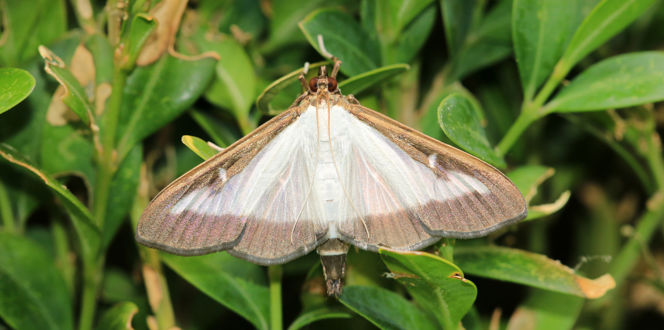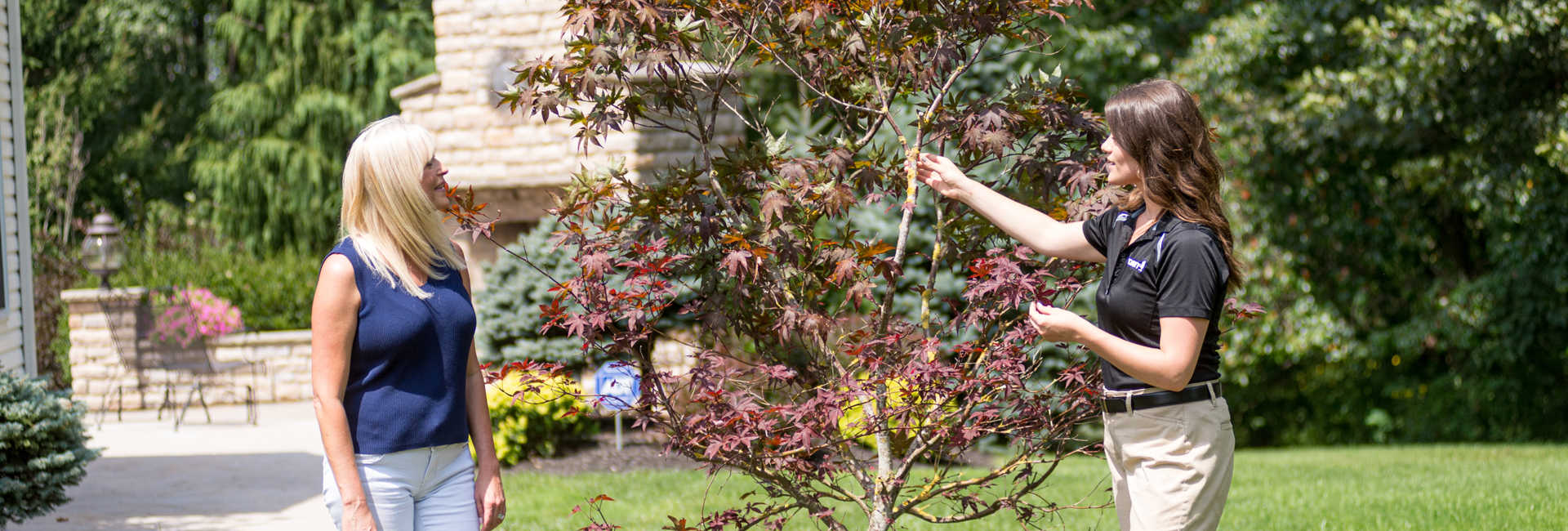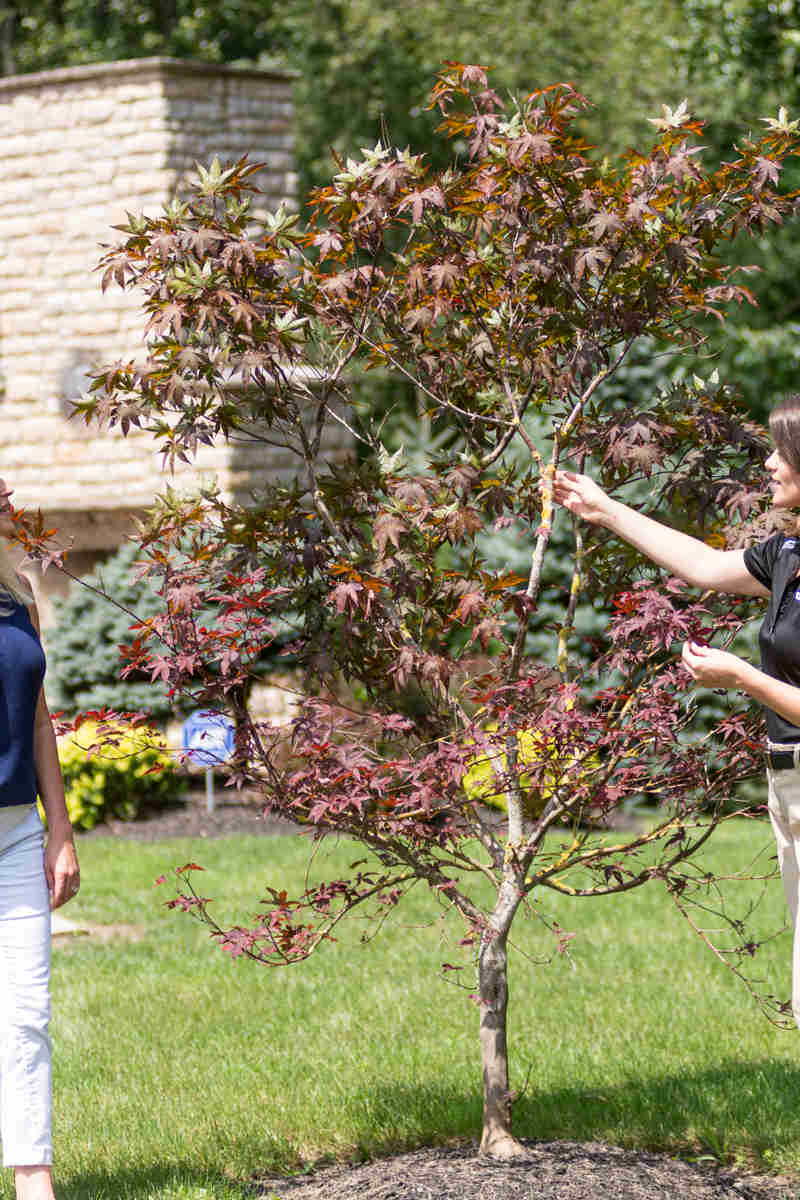Chinch Bugs Description:
Chinch bugs are small black and white insects that live in thatch and damage turf by sucking the sap and injecting toxic saliva. Adults are about 1/5 long. Newly hatched, immature nymphs appear bright red with a white band across the back.
Hosts:
These pests attack fine fescues and many other northern grass species, including corn and wheat crops. In the South, they primarily attack St. Augustine grass.
Chinch Bugs Life Cycle & Symptoms:
Adult chinch bugs overwinter in plant debris and around house foundations. They emerge from March to April, when air temperatures reach the 70° range and deposit eggs. There are two generations each year in parts of the Midwest and 4 to 8 in the South. They feed by inserting their beak-like mouthparts into plants and sucking out the fluids. As they feed, they inject toxic saliva that can cause plants to wilt, yellow, and die. Due to the toxic saliva, symptoms last for weeks even after the bugs have been controlled.
Because this pest prefers hot, dry areas, damage may be noticed first on slopes and in open sunny areas, such as along sidewalks and driveways. While damage is most noticeable in late summer and early fall, it can appear from late June until the first frost.
Management:
To find chinch bugs, part the turfgrass at the edges of brown spots or in suspected areas. Light irritates these insects and causes them to move around quickly. You may find overlapping generations in different stages of development. Moisture depresses populations and encourages the growth of a fungus disease, Beauveria sp., which kills many of them. Regularly watering your turf may help promote healthy growth overall as well as prevent chinch bug infestation.
Chinch bugs do not prefer shady areas and inhabit thick layers of thatch and lawns that are mowed short. Consider removing some of the thatch build-ups and/or using your mower at a higher setting to help prevent these pests. If you find chinch bug damage on your property, consult your local landscape professional to see which treatment methods may be right for your property.





